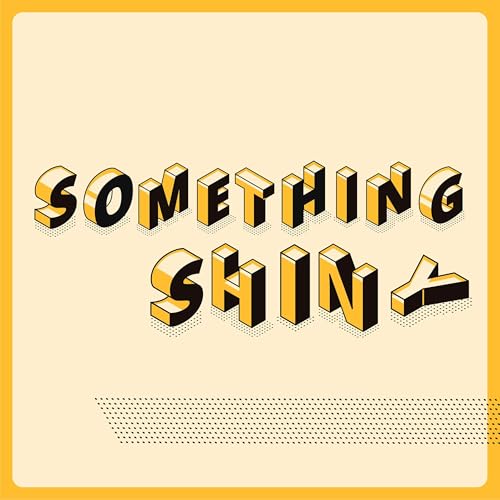So with news articles and headlines about how folks with ADHD need to get off their meds or go outside or be 'cured', there's something of a big misunderstanding and gaps in perspectives on ADHD and what it actually means. Including our shared values as a real ADHD culture, especially around how people or authority figures will relate to us. David and Isabelle describe some of the shared values in neurodivergent or ADHD culture, including ideas around masking, disclosing, lateral thinking, and questioning authority--and whether you believe that others, particularly those in power, will help you or understand you. Exploring many aspects of the neurodivergent community--and how groups form--ADHDers (more likely than the average bear) identify as members of LGBTQ+ communities, members of nontraditional or non-dominant faith groups, entrepreneurs, tech-friendly folx, and members of the military, to start. From recognizing that there are stages and phases to feeling like you can both belong and be unique, to the power of community in developing a sense of self-esteem, the need to have metacognition (or an understanding of WHY a thing is or how it works for you). --David starts by naming that within a neurodivergent or ADHD culture, there are shared values. And what we believe might be impacted by our approach to masking and our context—did we have to mask a lot? Do we need masking or not? But it also asks us: do we believe that people will help us? That schools will help us? That people with power or systemic power will support us or understand us? David doesn't think that trust in these systems is high in the ADHD population. A lot of people don’t feel like they can trust the system and it might be why we don’t disclose, we don’t share, we don’t ask. We are a subgroup, but we are not substandard. Lots of wars being waged on ADHD, and that entire perspective ignores the things that are important. Since David joined Eye to Eye years ago and joined the ND community, he watched graduation rates go up, he’d give talks in a room and ask “who has adhd?” And no one would raise their hand. “Does it feel wrong to be asked?” And now when you talk about it in a group, people raise their hands right away. There is the good work. There is a cultural war on ADHD. Isabelle names that one of the strengths of ADHD, which is important to include in any future articles, is that we think ‘creatively,’ also known as lateral or divergent thinking. We don’t necessarily follow a linear thought process and skip around think laterally or divergently. For her fellow AuDHDers, Isabelle recognizes that she does want clarity and often tries to go back to a linear though process to make sure she’s understanding something clearly. But in general, the lateral thinking—lends itself to questioning authority, taking multiple perspectives, playing devil’s advocate, which doesn’t necessarily mean that people feel comfortable sharing this. There’s a larger percentage of us that identify as queer or LGBTQ+ communities, nonbinary, gender fluid—there’s also a larger percentage of us that its int he military, tech community, entrepreneurs. We tolerate risk differently. David names that this allows us a different way of recognizing our needs. If the rest of the world tells you something should meet your needs but it doesn’t, you’re going to maybe go back to the drawing board and start to think about things a little differently. You may be a more natural out of the box thinker, because of a lack of neural pruning. More doesn’t mean better, and it doesn’t mean worse. It’s not a a hierarchy. Just acknowledging it exists gives people a place to belong. Isabelle describes the stages of building a group—we first debate if we want to join, we norm and create a share a set of values and create a cohesion, and then the strength of the group’s cohesiveness is tested and retested with storming and questioning and then you come to the place where you are both an individual and belong, that both can coexist dynamically. Even in Isabelle’s own process of joining this group of neurodivergence, when she cried at the mailboxes with David, she is feeling this with the autistic side of her, and she’s seeing it everywhere and she deeply wants to belong, and then she’s questioning or noticing the differences, and then she’s cozy in being different and yet belonging. David names how important self esteem is for us; and we can’t really develop self esteem alone, it helps you to see others who get it and can resonate with you. Three most important factors: self esteem, ability to advocate for your needs, and metacognition (understand we do what we do). You shouldn’t have to try so hard to ‘fit into’ a culture, it should be more natural. Isabelle names how metacognition, or changing your operating instructions, gives you a chance to reframe your own history, your present and your plans, and your needs ...
続きを読む
一部表示

 16 分
16 分 2025/05/2128 分
2025/05/2128 分 17 分
17 分


